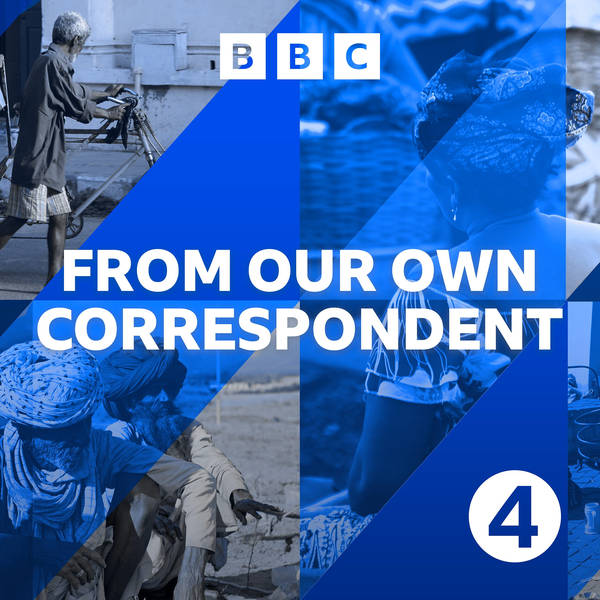
Brutality in Russia's prisons
Kate Adie introduces dispatches from Russia, Haiti, North Macedonia, Chile and the Republic of the Congo
Allegations of organised brutality in the Russian penitentiary system have circulated for many years. Inmates’ accounts of beatings and humiliation were frequent – but more recently, there has also been hard evidence in the form of leaked video footage showing organized physical and sexual abuse. As he spent months investigating the culture of violence inside, Oleg Bodyrev heard shocking stories of torture and sexual assault from former inmates.
Haiti is facing multiple crises right now. Chronic instability, dictatorships and natural disasters in recent decades have left it as the poorest nation in the Americas. Still grappling with the Covid pandemic, gang violence has escalated in the capital, Port au Prince, with more than 200 people left dead after ten days of fighting back in July. But as Harold Isaac explains, for Haitians, this is just the backdrop of a much bigger problem, as the country's fuel supply dries up.
It’s now almost twenty years since the European Union promised membership to the countries of the Western Balkans. But since the Thessaloniki Declaration of 2003, just one country in the region has completed the accession process. Other countries’ hopes of joining Croatia have been stuck in different levels of bureaucratic purgatory. North Macedonia and Albania have now formally started membership talks, but it’s a still very long way from a done deal. Guy De Launey finds the endless delays have some people in Skopje asking how much they really want to join the club.
Chile is gearing up for a referendum vote on the 4th of September – on whether to approve or reject a new constitution. But at the moment, the country is still deeply polarised over its proposed 366 articles - not to mention confused over when, and how they may be finalised. Jane Chambers reports from Santiago.
The population in the Republic of Congo is growing fast - it's also predominantly young and extremely urbanised, with over 85 per cent of people living in towns and cities. In this part of the world, the forces of rain and rivers are immense, and tropical storms can reshape the landscape at a stroke. Building homes to resist natural disaster has always been a challenge, so how can the expanding communities of Brazzaville stay safe? Nick Loomis has seen just how dramatic the risks can be.
